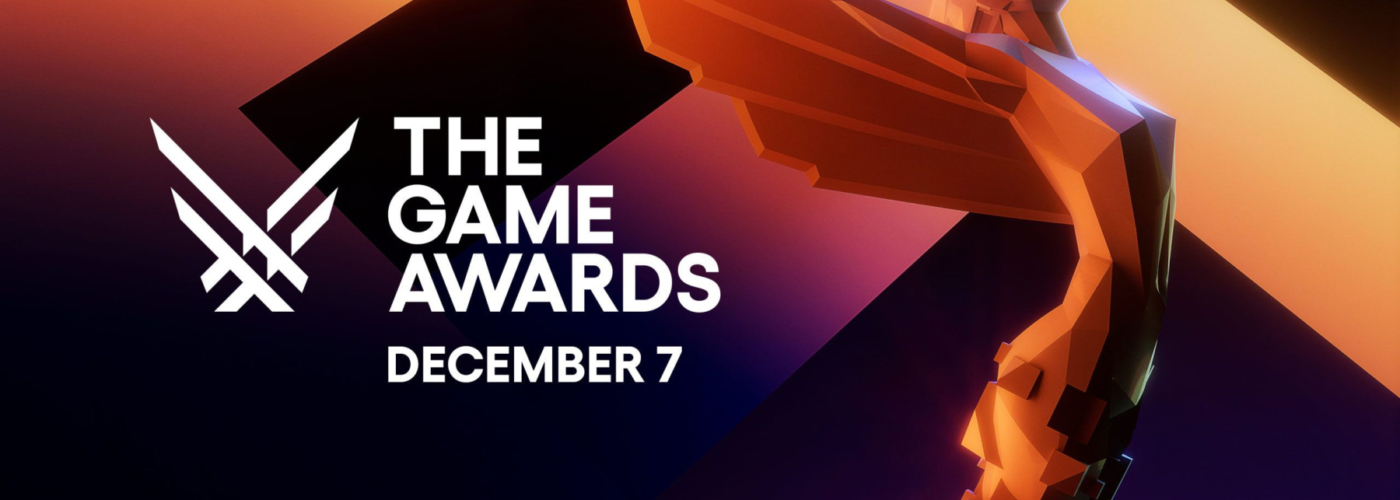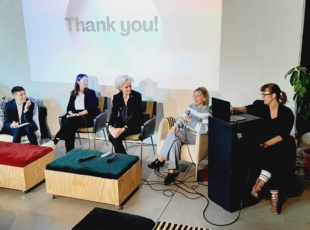The Game of the Year, when video games have their Oscars

Article author :
It has become an event which is awaited with feverish impatience by the entirety of the global video game community. It is the Game of the Year ceremony, or GOTY for those in the know. A three-hour-long evening event during which the best video games of the past year are crowned.
Baldur’s Gate 3, The Legend of Zelda: Tears of the Kingdom, Spiderman 2, Alan Wake 2, Super Mario Bros. Wonder and Resident Evil 4. There are six of them. Six games which have been nominated for the Holy Grail, the ultimate accolade in the video game sector: bearing the title of GOTY – Game of the Year. In the nine years of its existence, the ceremony organised by Geoff Keighley, a journalist and presenter specialised in the current affairs of the video game world, has greatly exceeded its wildest hopes. A genuine barometer which both the press and gamers the world over rely upon, today it is a touchstone which nobody in the sector can ignore any longer.
A mega show for a mega audience
The GOTY ceremony rides the wave of the latest trends and makes wonderful use of the ensemble of contemporary digital communication tools to constantly raise its visibility. Physically, it takes place in Los Angeles, a city which, historically, has been a cradle for video games and the various trade fairs which represent them. The venue selected is also a complete match-up with the soirée’s DNA. This year, for example, it is at the gigantic Microsoft Theater that it will take place, on December 18.
Over the course of this evening and for close on to three hours, the nominees of 31 categories are announced and for each of them, a single prize-winner will be designated. Does that make you think of the Oscars? That’s only to be expected, because the concept is very similar and has been transferred to the video game world.
The difference is in the audience! And that is where the GOTY ceremony really makes its mark! By offering free-of-charge broadcasting on several sites simultaneously, and by combining the live show on mass social networks such as TikTok, Facebook, Twitter, or Instagram with streaming platforms such as YouTube and Twitch, it smashes all the records set in the sector. Only last year, around 100 million viewers attended the 2022 GOTY, in other words, ten times the audience generated by the Oscars!To such an extent that a major magazine like Forbes considers the ceremony to be the benchmark in terms of the intelligent and successful use of modern technologies and communication tools.
A complex functioning
Even though its name takes that of the primary category, in other words, the best game of the year, the ceremony offers viewers award presentations in numerous categories. Whilst certain crop up each year, such as ‘Best Art Direction’, ‘Best Score and Music’ or ‘Best Independent Game’, others are retired or alternatively make a first appearance, such as this year, with categories including ‘Best Independent Game’, ‘Games With Impact’ or ‘Best Community Support.’
For each of these categories, five to six games are nominated by means of a pretty complex procedure. First of all, an advisory board composed of legacy representatives of video gaming such as Microsoft, Sony, Nintendo and AMD, as well as video game publishers such as Electronic Arts, Activision, Rockstar Games, Ubisoft, Valve, and Warner Bros, select some thirty or so press bodies specialising in video games. These media then nominate for each category a list of games which particularly made a mark on them and in their opinion deserve to be amongst the group of final nominations. The board then compiles these lists and thus establishes the final nominees for each of the categories.
In terms of the games which win each of the categories, the vote is carried out in combining a specialised jury (whose votes are equal to 90%) and the public, with the latter being able to get its votes registered via the social media. And if you want to know why the public vote in the end weighs so little, the answer is simple and comes down to a single word: ‘bots’. For the uninitiated, these are tiny programmes which can pass themselves off as social network users and thus vote in large numbers for a nominee, which totally distorts the result.
Whenever success gets mentioned, controversies are never far behind
Of course, when faced with the passion generated by the video game industry, an event such as the Game Awards has to deal with numerous controversies. And this year in particular, the tensions and criticisms swirling around the GOTY have been large in number and very virulent.
The first argument was evidently over the selection of the nominees in the various categories. It has to be said that this year we have been particularly spoilt in terms of releases, with a vast number of Triple A games (in other words, games with extremely large budgets) of high quality inundating the market.
And obviously, the absence of some, such as Starfield, Hogwarts Legacy, or Octopath Travelers 2, has got the fans of these franchises hopping mad, as they consider this absence as a genuine insult not only to the studios which developed them, but also the communities which have loved playing them.
And that’s not all, as the selection process has also faced a large number of criticisms. The reason being its lack of fairness. In fact, the media entrusted with selecting the games and which were chosen by the advisory board are for the most anglophone, to the detriment of the countries and the regions which do not speak the language of Shakespeare. Reason enough to feed scepticism as to the legitimacy of the nominations and the diversity of the games presented.Finally, there is also debate about the categories themselves, branded by many as vague, even poorly understood by the voters themselves. This year, for example, criticisms have been levelled at the RPG (role-playing game) category, one of whose nominees is none other than Final Fantasy XVI, a game nevertheless geared a good deal more towards action in its mechanics, or at the absence of Baldur’s Gate 3 in the ‘Best Independent Game’ category, despite the fact that this game is completely independent in its funding.
A Belgian game as GOTY 2023?
Despite these controversies, there is one thing that practically all of the voices raised can agree on, and that is the position of overwhelming favourite occupied by Baldur’s Gate 3 for the ultimate prize of game of the year. The game, which we have to a great extent spoken about here, is developed by the Belgians of Larian Studio.
And if, at the beginning of the year, its place amongst the five nominees was uncertain for many people, today, thanks to the eulogistic reviews it has received, but also thanks to its commercial success and the community it has been able to generate around it, it is manoeuvring into position as THE GOTY 2023.
So, if you have not yet had the time to range over its incredible story and its world, spilling over with life and adventures to be experienced, don’t wait any longer, in order to understand why it will be crowned (yes, kingkong is going out on a limb) next December 18.
A story, projects or an idea to share?
Suggest your content on kingkong.




